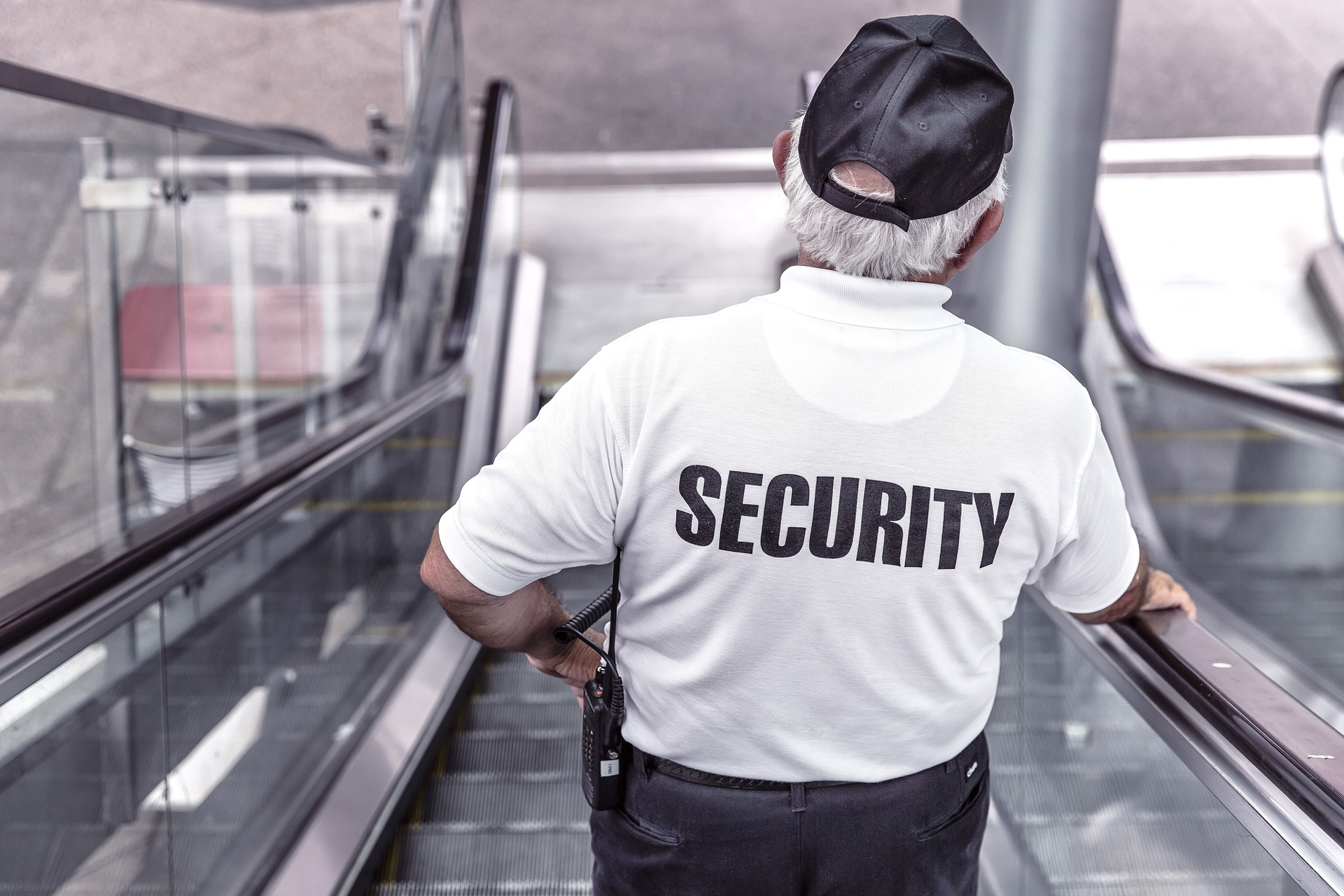Casinos are lively, exciting venues, filled with games, entertainment, and gambling passion. However, behind the bright lights and action lies a complex security apparatus designed to protect assets and ensure customer safety. In this article, we will tell you about the extensive security measures and protocols casinos utilize behind the scenes.
CCTV Surveillance Network
Modern casinos employ an extensive CCTV camera network to monitor gaming floors and back of house areas 24/7. These high-definition cameras are positioned to eliminate blind spots and are monitored by highly trained security personnel. Surveillance room staff watch for any cheating or theft and can zoom in on high resolution images. The surveillance system acts as a powerful deterrent while providing evidence if needed for prosecutions. Casinos leverage perfect CCTV camera networks to maintain oversight across the entire property. The extensive surveillance system serves as a robust security measure.
Modern casinos use high-resolution cameras capable of capturing detailed images and video footage. These cameras are often inconspicuous and strategically positioned to minimize blind spots. Trained security personnel continuously monitor the live feed from surveillance cameras. This real-time monitoring allows them to respond promptly to any suspicious activity or security breaches. Video footage from the surveillance cameras is stored digitally. Casinos maintain extensive archives of recorded video, often retaining footage for a specified period, as required by regulatory agencies. Some casinos have implemented facial recognition technology within their CCTV systems. This technology can identify individuals, cross-reference them with databases of banned or suspicious individuals, and alert security if a match is found. Advanced behavior analysis software is employed to detect unusual or suspicious behavior among patrons or staff. This software can trigger alerts when predefined criteria, such as aggressive behavior or loitering, are met.
Restricted Access Areas
Behind the scenes, casinos have extensive restricted access areas secured with locks, alarms, and access control systems. These include cashier cages, count rooms, server rooms and surveillance rooms. Biometric scans, PIN codes or access cards restrict entry. Security patrols these areas ensuring no unauthorized access. This protects critical assets and sensitive information. Restricting and monitoring access to restricted areas enhances security over critical assets and infrastructure.
Access control is a crucial component of casino security, aimed at limiting unauthorized entry and ensuring that only individuals who are permitted to be on the premises are granted access. The primary goal of access control in casinos is to maintain a secure and controlled environment, which is essential to protect both the casino's assets and the safety of patrons and staff.
Anti-Cheating Technology
Casinos utilize advanced technological measures to detect cheating and card counting. For table games, discreet radio frequency identification (RFID) sensors track each bet. This data is analyzed using algorithms to identify cheating or swindling patterns. Slot machines have embedded fraud detection capabilities and table game chip trays have built-in scales monitoring chip counts. Anti-cheating technology provides casinos with data-driven insights to identify illicit activities at gaming tables and machines.
Sophisticated software is employed to analyze gaming patterns and detect anomalies. Casinos also collaborate with law enforcement agencies to share information on known cheats, enhancing their ability to identify and apprehend wrongdoers. Anti-fraud measures serve as a deterrent to potential cheats and reinforce the casino's commitment to fair play.
Cash Handling: Safeguarding the Wealth
One of the most critical aspects of casino security is the handling of cash, chips, and other valuable assets. The sheer volume of money involved demands stringent protocols. Casinos maintain meticulous records of cash movements, with frequent audits conducted to reconcile accounts. Cash is stored in secure vaults, often equipped with advanced security systems, including biometric access and time-locked mechanisms. Strict cash handling protocols safeguard the casino's wealth and ensure that any discrepancies are swiftly identified and addressed.
Most casinos have dedicated count rooms and secure vaults where cash and chips are stored. Access to these areas is restricted to authorized personnel only. Count rooms are equipped with advanced security systems, including surveillance cameras, biometric access controls, and time-locked safes. Throughout the day, cash is collected from various points on the casino floor, such as gaming tables and slot machines. This is known as a cash drop. Cash drops are performed by trained staff, often accompanied by security personnel. The collected cash is securely transported to the count room.
So, beyond technology, the human element plays a pivotal role in maintaining casino security. Casino staff undergo rigorous training to detect fraudulent activities and maintain a safe environment. According to industry sources, casino staff, including dealers, security personnel, and even waitstaff, are trained to identify signs of cheating, collusion, or theft. This training often includes understanding body language, recognizing counterfeit currency, and knowing the various forms of cheating employed by players.
Trained security officers use video monitoring, inspections and patrols to protect the venue. Officers follow strict protocols addressing incidents while maintaining safety. Security staff receive training on assessing threats, emergency response, guest interactions and evidence collection protocols. They wear identifiable uniforms and carry radios to enable swift coordination. Some larger casinos even have onsite police units for serious matters. Dedicated security personnel following stringent protocols are an integral aspect of casino security operations.

